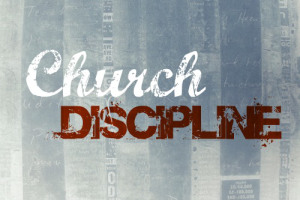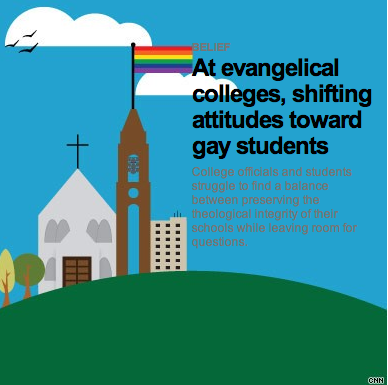As a reporter, I’m always amazed by how much I learn when I actually pick up the phone and talk to somebody.
As opposed to, say, relying on my vast personal knowledge (and Googling ability) and preparing a news report without ever making contact with a real, live human.
Speaking of which …
The New York Times had a story this week (at least I’m 95 percent sure it’s not supposed to be a column or news analysis) on a creationist organization targeting atheists with a billboard in Times Square. The peculiar thing is that the story quoted absolutely no one — except, strangely enough, for Pope Francis, who as far as I know has nothing to do with the billboard campaign.
It was difficult to tell if the Times wrote the story on deadline and didn’t have time to quote any humans or if the newspaper simply didn’t see a need to expand beyond the reporter’s own wisdom.
Alas, conjecture words such as “if,” “perhaps” and “seems” dominated the source-free story, starting at the top:
If the evangelical organization Answers in Genesis was looking to take its message to a secular audience, it would be hard to do better than the heart of Times Square at noon on Monday.
Wedged amid an advertisement urging revelers to take a trip to Atlantic City, promotions for the new CBS drama “Hostages” and a promotion from Google was a 15-second video directed at New York City’s atheists.
“To all of our atheist friends: Thank God you’re wrong,” the digital billboard blared on the corner of 42nd Street and Eighth Avenue.
As the lunchtime crowd passed by on the streets below, few gave it more than a passing glance, perhaps distracted by the frightening, blood-soaked photograph promoting the horror movie “Carrie” above the theater next door.
Or, perhaps, religious billboard battles between believers and nonbelievers just do not have the punch they once did.
My basic reaction to the story: Ho-hum, with a heavy dose of “So what?”
The only reason I even bring up the Times story is because CNN’s Belief Blog co-editor Eric Marrapodi took the same scenario and produced a meaty religion story — in large part because he actually quoted key figures such as the head of the Young Earth creationism group behind the billboard:
Ken Ham, president of Answers in Genesis, said the idea for the advertisements came from an atheist billboard in Times Square at Christmas.
During the holidays, the American Atheists put up a billboard with images of Santa Claus and Jesus that read: “Keep the Merry, dump the myth.”
“The Bible says to contend for the faith,” Ham said. “We thought we should come up with something that would make a statement in the culture, a bold statement, and direct them to our website.
“We’re not against them personally. We’re not trying to attack them personally, but we do believe they’re wrong,” he said.
“From an atheist’s perspective, they believe when they die, they cease to exist. And we say ‘no, you’re not going to cease to exist; you’re going to spend eternity with God or without God. And if you’re an atheist, you’re going to be spending it without God.’ “
And yes, Marrapodi quoted the other side, too:
(more…)














